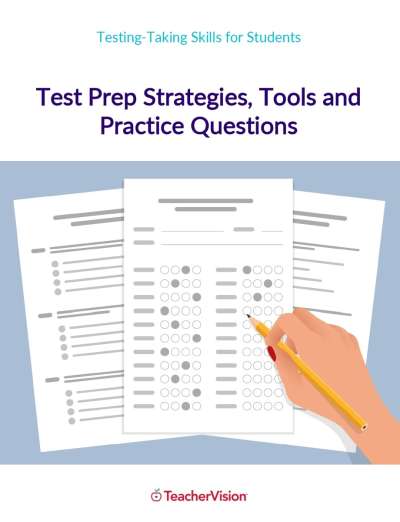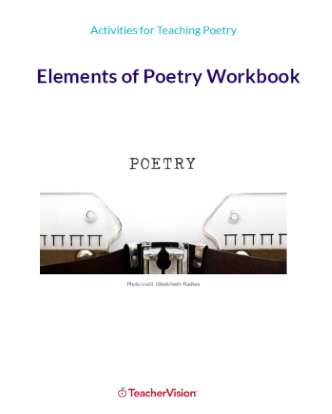Building Language Arts Skills
Grade 6
Tips for Parents
You should try to do some reading with your child on a regular basis.By now you know that, as your child moves forward through the grades, his or herschedule becomes more active and self-initiated. You have probably found alsothat it is not as easy as it once was to engage in daily reading together. At aminimum, though, try to spend some time on Sunday afternoons or evenings to readfrom authors such as Charles Dickens, Robert Louis Stevenson, James FenimoreCooper, Charlotte Bronte, Jack London, Langston Hughes, Amy Tan, Virginia Sneve,Bret Harte, Alex Haley, Louisa May Alcott, Edith Hamilton, C.S. Lewis, SallyBenson, Harper Lee, or Paul Laurence Dunbar. Your child's interest in thestories you read will tell you a great deal about his or her development inlistening and comprehension.
Begin or continue a journal of good times together -- possibly thehighlights of a trip, vacation, or family holiday; or a log of books and moviesyou've shared. You and your child can each make entries. From time to time readthrough what you have written.
Read newspaper headlines together, and try to figure out what the story isabout. You might also make a point of reading aloud to each other one newspaperstory every day. This will help make the newspaper important to your child, aswell as provide reading practice. In addition, you will learn a great deal aboutyour child's growing knowledge of the world. This is a good activity to share ona regular basis as it does not take a great deal of time.
Get in the habit of clipping from the newspaper things you think your childmight find interesting -- human interest stories, cartoons, movie or televisionreviews, news related to the local environment. Also call your child's attentionto articles in magazines. Such pieces are natural starting points forconversation.
Committing things to memory is a good exercise throughout the intermediateand middle school years. At one time, schoolchildren were expected to memorizemany poems. Although this is not typical of most schools any longer,memorization still has some virtues. At home, each of you could memorize a poemor story to tell to the other -- one in the fall and one in the spring. Thepresentations can be made into traditional family events.
Mystery and adventure tend to attract sixth grade readers. Visit togetherthe sections of your library where mysteries and adventure stories are shelved;each of you could pick something to read and discuss with the other.
Buy books for your child for special occasions. This is a way to tell yourchild that you value reading and ideas. It also gives you a chance to buildlater conversations around the books you have bought, by asking, "How wasthe book? What was the mystery?" and the like. South & North, East &West: The Oxfam Book of Children's Stories, edited by Michael Rosen, offers25 traditional tales from all parts of the world that can provide a great dealof shared pleasure for you and your child.
As your child reads, find time to ask, "What is the book about? Whoare the characters? What are they like? Where does the story take place?"Most children like to talk about what they are reading, as long as they do notperceive the questions to be either suspicious inquisitions or rote inquiriesdevoid of real interest.
Take your child to the movies occasionally -- rather than just sending himor her to the movies. You will not only enjoy the outing together, but the eventwill give you a natural opportunity for conversation about the film's character,setting, theme, moral dilemmas, and so on. Such conversations not only enlargeyour child's understanding of the film but may go beyond the movie itself to abroad range of subjects.
Each of you write an explanation of how to do something. For example, yourchild might decide to write a description of how to climb a tree or play aparticular musical instrument, while you will describe how to bake an apple pieor replace a windowpane. Then see if your descriptions make sense to oneanother. Would your child's explanation help someone ride a bike for the firsttime?
Reprinted from 101 Educational Conversations with Your 6th Grader by Vito Perrone, published by Chelsea House Publishers.
Copyright 1994 by Chelsea House Publishers, a division of Main Line Book Co. All rights reserved.











